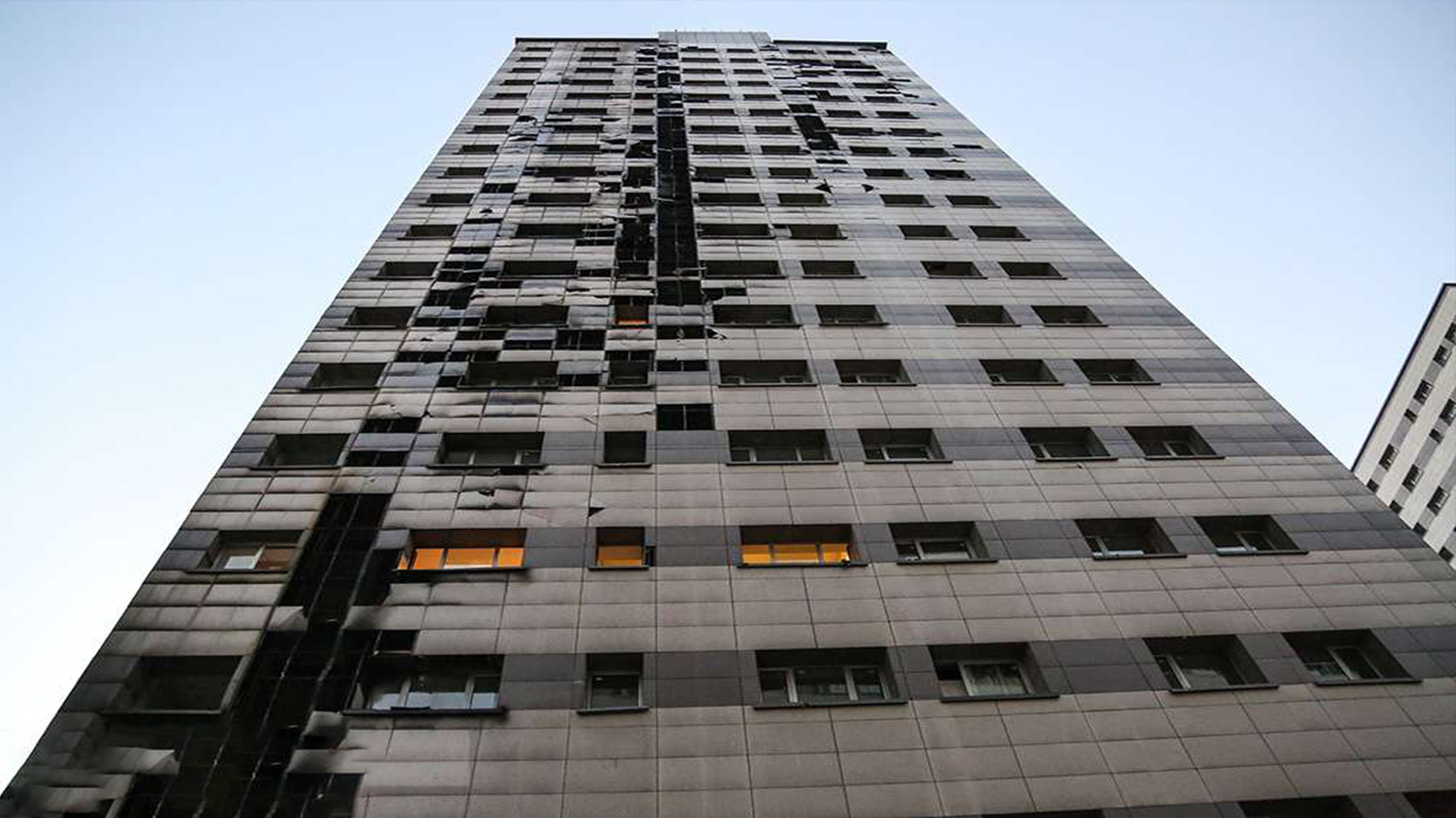Iran Blames Gas Leaks for Blasts as Public Suspicions Mount
A series of explosions across Iran, officially blamed on gas leaks, is fueling public suspicion of sabotage, reports The Independent Persian. Skepticism is high, especially after a blast in a tower with no gas connection, amid speculation of Israeli involvement.

By Kamaran Aziz
ERBIL (Kurdistan 24) – A series of suspicious explosions across Iran, including two recent blasts in Gilan province, are being officially attributed to gas leaks, but the explanation is fueling widespread public skepticism and speculation of sabotage, according to a report from the Persian site of The Independent.
The report details how, in the wake of a declared ceasefire between Israel and the Islamic Republic, a chain of fires and explosions in Tehran and other cities are being explained away by officials, while social media users and observers point to contradictions and historical precedent.
On Sunday, July 20, two explosions occurred in Gilan province. According to The Independent Persian, the first blast on Bahonar Boulevard in Rasht damaged a language school and surrounding buildings, injuring at least 18 people, most of whom were teenage girls. The Rasht Prosecutor and the head of the city's fire department both ruled out sabotage, with the fire chief claiming "a gas leak from the jewelry shop and the lighting of a lighter" was the cause.
Shortly after, a second explosion hit a two-story villa in Rezvanshahr. While it caused no casualties, the governor, Iraj Shahi, also denied any deliberate action, citing "a technical problem with the pipe or a gas leak."
The Independent Persian notes that this official "gas leak" narrative has become a subject of satire and sarcasm on Iranian social media. The report highlights similar incidents throughout July in Mashhad, Arak, Tabriz, Qom, Kermanshah, and Ahvaz.
In response to growing speculation, state-run media have launched a campaign to normalize the events. The IRNA news agency quoted the CEO of the Tehran Fire Department, Ghadratollah Mohammadi, as saying, "The majority of these explosions are due to gas leaks in old equipment, the use of non-standard gas appliances, and disregard for safety principles." Mohammadi added that Tehran registers about 350 safety incidents daily, attempting to frame the blasts as routine.
Fars News Agency, affiliated with the Islamic Revolutionary Guard Corps (IRGC), quoted a National Gas Company official who claimed "no evidence of sabotage or terrorist acts was observed" and that such incidents are "natural" with 30 million gas subscribers.
However, a recent explosion at the Pamchal Tower in Chitgar, Tehran, on July 19 has severely undermined the official narrative. While the cause was declared to be "gas accumulation and leakage," The Independent Persian reports that investigations revealed the building was still under construction and was not connected to the city's gas network, lacking even electricity and elevators. The fact that seven people were injured in the semi-finished building has added to the ambiguity.
The report also mentions social media speculation linking the "sudden death" of Ali Taeb, a former IRGC official, to the Chitgar explosion, which was announced a day after the blast.
The sequence of events has strengthened speculation that Israeli covert operations inside Iran are ongoing. The Independent Persian suggests the Islamic Republic, to avoid the obligation to respond, "prefers to downplay them as natural incidents like gas leaks and fires."
The article concludes by citing historical precedent for this approach, recalling the 2020 Natanz facility explosion, the 2022 TESA complex blast in Karaj, and the 2011 Bidganeh base explosion that killed a top missile commander. In these cases, the government initially provided secretive or misleading narratives before reports later emerged confirming a direct Israeli role.
